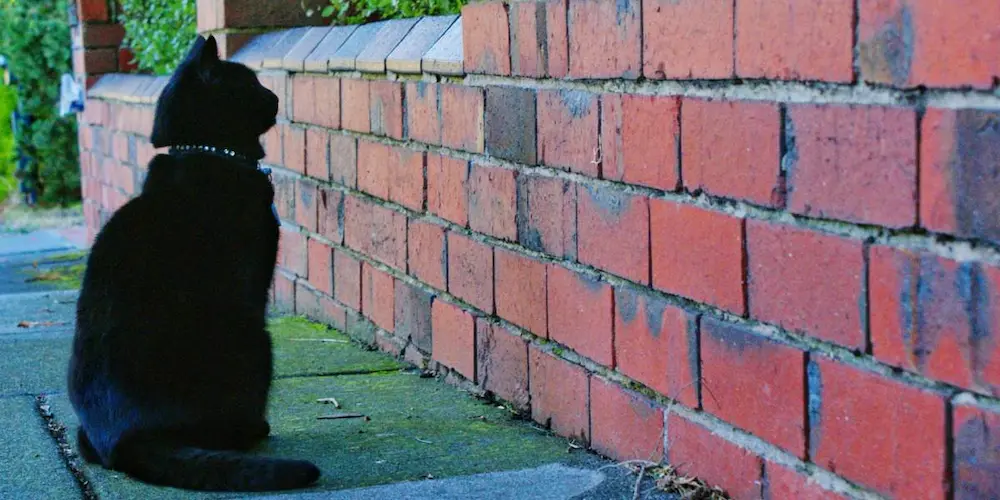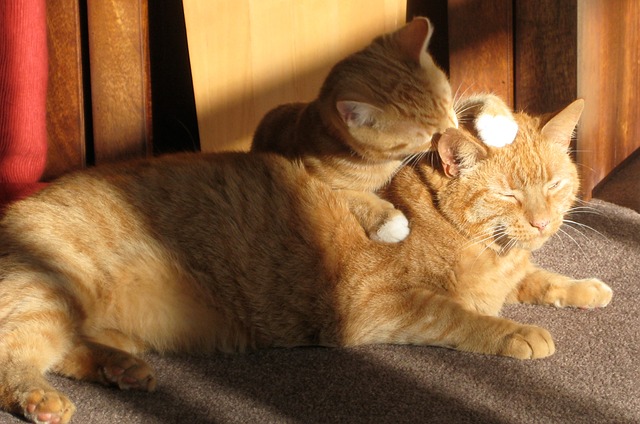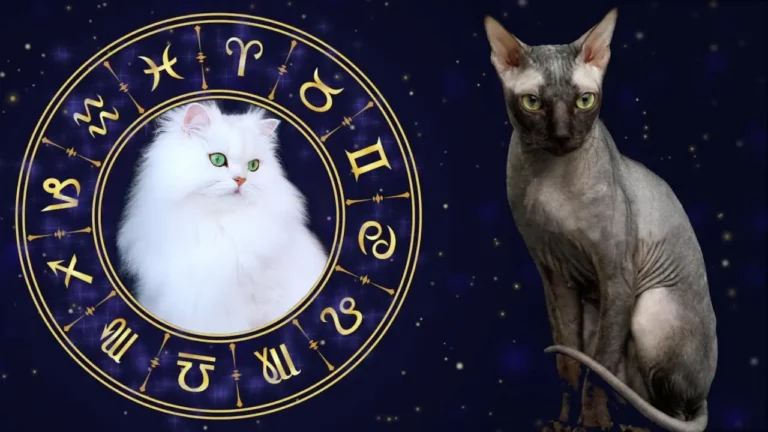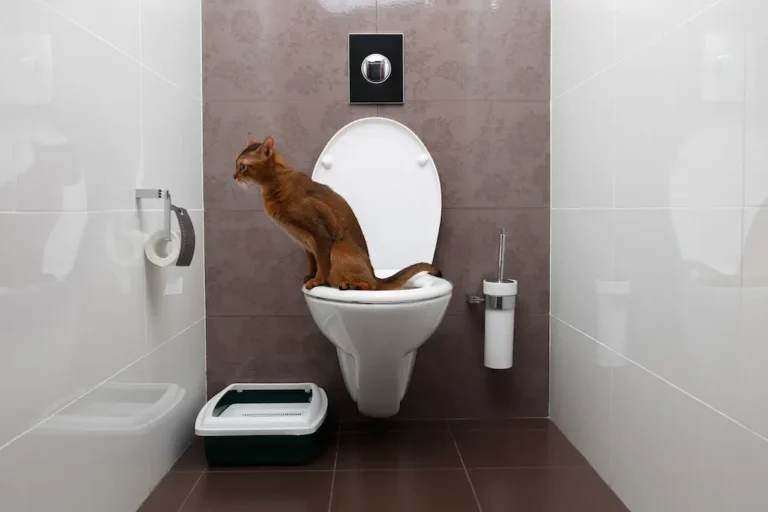What Your Cat Is Really Seeing When They Stare At Nothing
You might often notice your
While it may seem like they’re zoning out, there’s actually more happening than meets the eye.
Malini Suchak, an anthrozoology professor at Canisius University in New York, provides insights into what might be capturing your
What Is My Cat Looking At?
Rest assured, your home isn’t haunted, and your
What’s likely happening is that your
Sometimes, they might not even be looking at anything specific but are instead listening for sounds we can’t hear.
Cats can detect shadows, flashes of light, buzzing, and tones that are beyond human senses.
Regarding vision, cats have limited color perception but excel in low light conditions due to a higher number of rods in their retinas, which enhances night vision.
This adaptation allows them to see high contrast between light and shadow, which is useful for hunting during dawn and dusk.
“Contrast is more important than color because they might be hunting at dawn or dusk,†Suchak says. “And their prey are not necessarily brightly colored, except for some songbirds.â€
In terms of hearing, cats can detect ultrasonic sounds that are beyond human hearing.
While humans can hear up to 20,000 hertz, cats can hear up to 64,000 hertz. Suchak notes that cats can also hear sounds at lower volumes, picking up high and low frequencies at much quieter levels than humans can.
This means they can hear even the faintest noises, like a cockroach moving within the walls, which might sound like a “scritching noise†to your
Why Is My Cat Looking at Nothing for So Long?
This behavior is linked to their prey-stalking instincts.
Cats are ambush predators, meaning they don’t immediately chase after their prey.
Instead, they wait and observe before making a move. “When they detect something that might be prey, they should wait and see before chasing,†Suchak says. “Then once they do chase and it disappears, they should wait it out.â€
Cats have evolved to notice subtle movements and patiently track a spot, anticipating that the prey will reappear.
Cats also tune into sounds and sights that seem insignificant to us.
For example, Suchak observed her
She later realized her
“It just looked like he was staring at the same part of the wall all the time,†Suchak says, but in his mind, he was “monitoring it to see if that was gonna come back.â€
Is It Good for My Cat to Do This?
Happy and healthy cats benefit from both physical and mental stimulation, especially when it aligns with their natural instincts.
“I think things that stimulate their natural tendencies are often in the ‘good’ category,†Suchak says, considering it a form of enrichment.
Moreover, if your
However, if your
While some stimulation is beneficial, too much can cause stress. “Finding that perfect sweet spot can be a little tricky,†Suchak says.
For instance, she opted for light-blocking curtains to prevent her
If your
Regardless of whether your
A city
Interestingly, cats that have spent time outdoors tend to have better distance vision compared to indoor-only cats, as they need to be more aware of threats.
So, when your
“It’s easy to look a little nuts.â€






